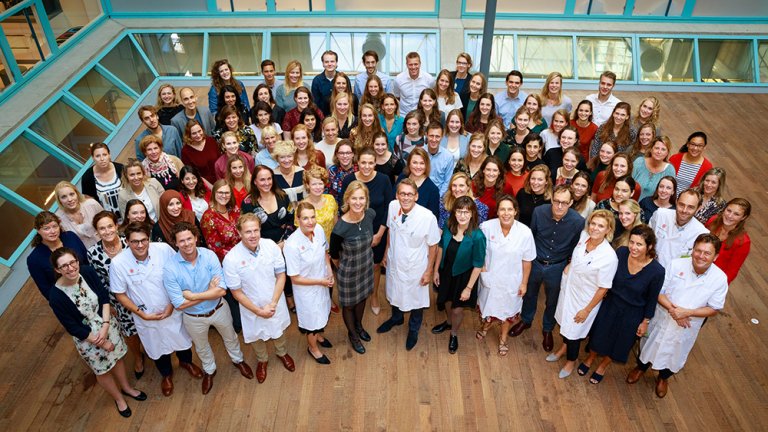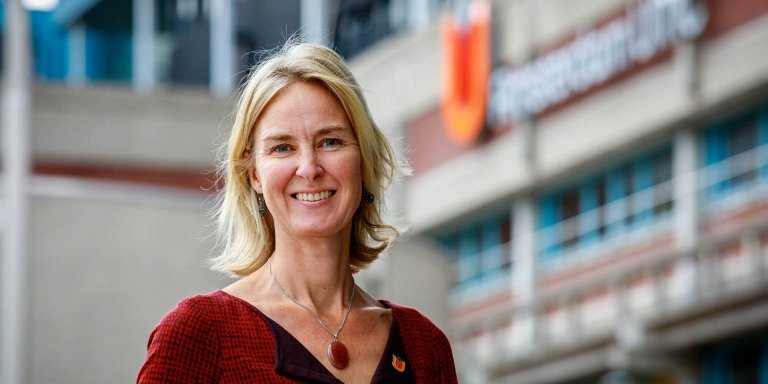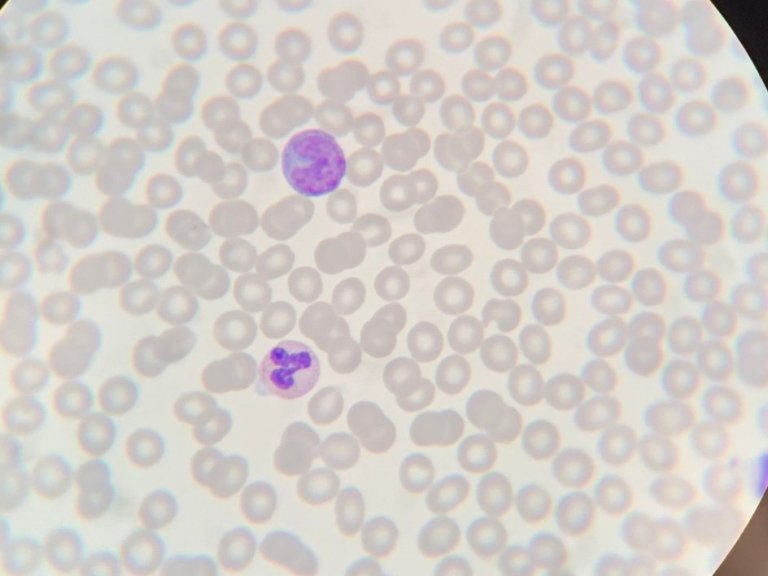To lower the number of individuals with dementia, the project ABOARD (A personalized medicine approach for Alzheimer’s disease) focuses on the Alzheimer-stages before dementia onset.
Prevention is the key
Wiesje van der Flier: “We now know that Alzheimer’s develops over a period of twenty to thirty years. And there is the key to finding solutions: intervening before the disease manifests clinically. We need to reach people at risk of getting the disease. And those people are all of us, actually. That is why we want to increase the awareness of Alzheimer’s among the general public. In addition, we take the necessary steps to prepare for a future in which personalised medicine is possible. Sharing knowledge about ways to boost your brain health and supporting people with Alzheimer’s is also a part of this project. There is still a lot of work to do.”
We now know that Alzheimer’s develops over a period of twenty to thirty years. And there is the key to finding solutions: intervening before the disease manifests clinically" - Wiesje van der Flier.
Lower the number of individuals with dementia
The project wants to lower the number of individuals with dementia by improving diagnostic markers, developing personalised risk scores and by focusing on prevention through increased awareness of dementia and brain health.
Predict the disease course
ABOARD researchers are going to develop tests that allow for an early and precise diagnosis of Alzheimer’s disease. These tests must identify the first brain changes, and they need to recognise variability between patients. Based on these tests, we develop personalised risk profiles to predict individual disease trajectories.
Personalised treatment
Practitioners often get the same question after diagnosing Alzheimer’s: ‘What can I do myself to slow the disease process?’. Van der Flier: “Prevention by making lifestyle changes can be useful, but lifestyle interventions are not yet offered as part of the treatment plan in memory clinics. We also see rapid developments in the field of pharmaceutical treatments. We need to take the necessary steps to prepare the Dutch healthcare system for the first Alzheimer treatments. Project ABOARD pays particular attention to including individuals in all aspects of their disease and its treatment, since no human being is the same".
Prevention by making lifestyle changes can be useful, but lifestyle interventions are not yet offered as part of the treatment plan in memory clinics. We also see rapid developments in the field of pharmaceutical treatments. We need to take the necessary steps to prepare the Dutch healthcare system for the first Alzheimer treatments" - Wiesje van der Flier.
Collaboration
The ABOARD-consortium brings together over 30 partners, among which the five Dutch Alzheimer centers and patient organization Alzheimer Netherlands. Public and private parties across the entire knowledge chain work together: from universities to care and knowledge institutions, civil society organizations and businesses.
More about the ABOARD Alzheimer prevention project
An overview of all involved partners and more information about ABOARD can be found at www.aboard-project.nl. Also, an ABOARD animation-video has been made (In Dutch)..
ABOARD is the first research project to be launched as part of the National Dementia Strategy 2021-2030 of the Ministry of Health, Welfare and Sport. It also gives further effect to the Knowledge and Innovation Agenda 2020-2023 of Health~Holland, in which public and private partners in Mission IV collaborate to improve the quality of life of people
More about Alzheimer in Amsterdam UMC
The 'Alzheimercentrum Amsterdam' of Amsterdam UMC is a diagnosis and treatment center for dementia, with a focus on dementia at a young age. It has been around for more than 20 years and more than 100 employees are involved. Every year we treat thousands of patients from all over the country. In addition to caring for patients, many of our employees are engaged in scientific research.
photo: staff of Alzheimer Center Amsterdam in Amsterdam UMC.





